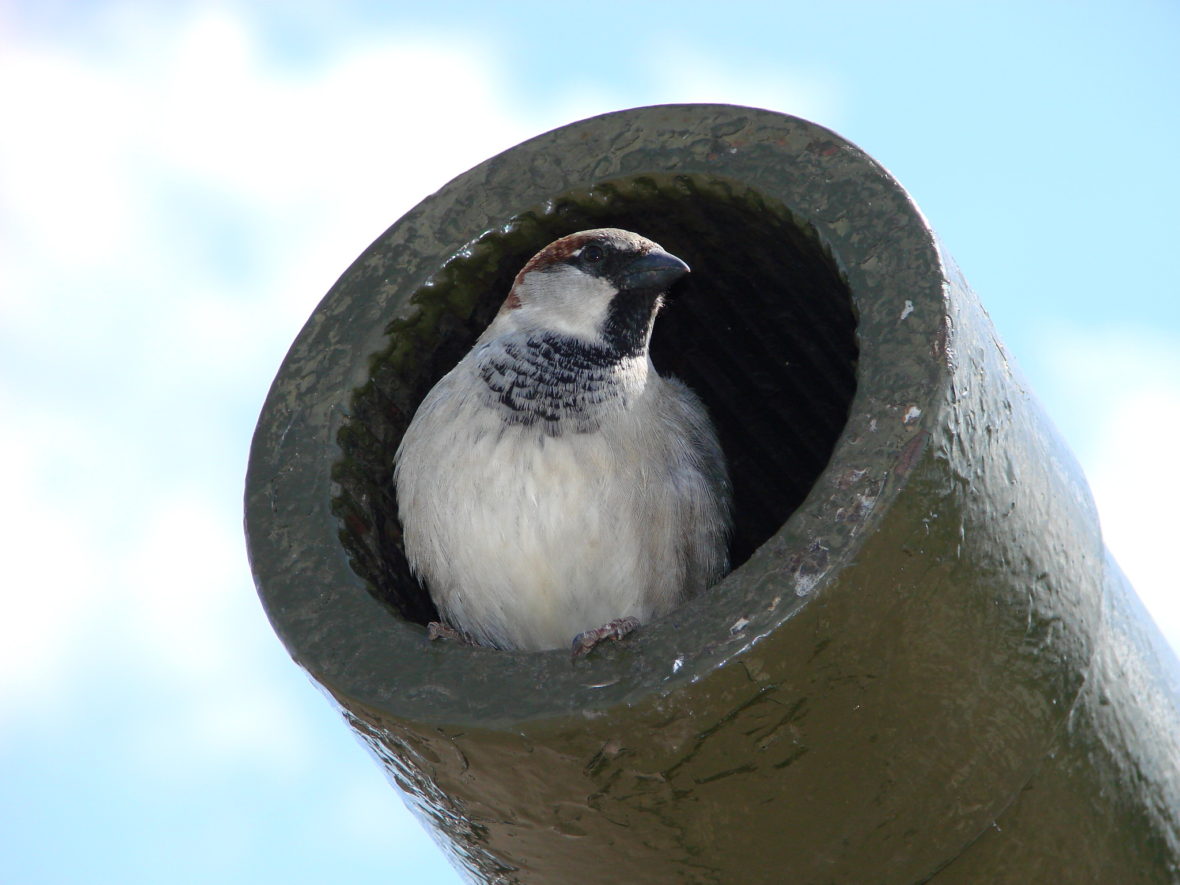Donald Hall used to have his own zip code. So prodigious was his correspondence, it overwhelmed the Danbury, NH post office where his mail was delivered. Later, his mailing address switched to Wilmot, and he grudgingly obtained an email address for his assistant. But he still keeps a book of stamps beside his armchair, and he still loves opening mail.
Donald Hall will be 89 in September. He’s finished a manuscript of essays, A Carnival of Losses: Notes Nearing Ninety, with his 90th birthday as the pub date, a follow-up to Essays After Eighty. He misses writing poems, but constantly keeps notes for his next prose pieces. Jeff and I drove up last Friday to the family farmhouse where he and Jane created the double solitude that nourished their poems and each other. “Solitude” is relative; the house I remember was always full of guests. Wendell and Tanya Berry, Greg and Trish Orr, Alistair Reid, Bob Creeley, Bob Bly, the Simics, Kumins and McNairs—“The last talkative guest has gone,” Jane wrote in “The Visit,” as poets and neighbors, Don’s extended family, and prefect strangers knocking at the door threaded their days. Now Don lives alone; the house is willed to Don’s granddaughter and her husband, keeping the property in the family for another generation.
I have visited this house for forty years. The same sofa is in the living room, and Don sits in the same chair by the window to work and read. He needs a walker, and dresses in sweats and a T-shirt, clothes easy to put on. Eight thousand books of poems have gone from the house to the Hall/Kenyon archives at UNH. The art I’ve looked at for decades is still on walls that, like the floorboards, need paint; but Don is leaving any changes for his heirs.
Don doesn’t read as much as he used to, certainly not as much as when he terrified Jane by saying he wished he could read two books at once, one with the left eye and one with the right. He doesn’t bother with the NY Times Book Review, but follows the Times Literary Supplement. I tell him that for July 4, TLS printed as its poem of the week “Pond Summers”—written, with poems like “Her Garden,” during his Thomas Hardy period (here’s a link to Donald talking about Hardy at Poets House in 2003).
Don has spoken in the past about the morbid streak that first led him to poetry. Part of him thought he’d never get past 52—the age his father died. He’s suffered through colon and liver cancer, heart issues, a stroke, and diabetes, as well as Jane’s death, subsequent mania and depression, and physical frailty. Yet he’s sanguine about living to celebrate his next book, and though he doesn’t eat much, he relishes regular trips to the New London restaurant that accommodates his rollator with easy access to a favorite booth.
Honored by two presidents, poet laureate of his state and his country, Don has won recognition from the start of his career when his first book, Exiles and Marriages, won the Lamont. I can’t think of another poet who has been and who remains an influence on readers of poetry for over sixty years, reaching them through anthologies, essays, and public readings.
The reading, writing, and talk generated in that farmhouse added indelibly to the texture of postwar American literature. I’m including here my tribute to the house, and to the dual commitment to life and art between those walls.
SUBSTITUTION
She made dinner and breakfast and beds—
no central vacuum, no central heat—for guests
her gregarious husband gathered each week
in the farmhouse far from city diversions
like movies or concerts, and just one very
good restaurant. They all drove Sundays
to church, played Monopoly, battened
on gossip—Vitamin G—carrying logs
to the woodstove as fields and gravel
roads merged into black winter night.
She hired no help, said she wouldn’t substitute
another life for hers, as Emily Dickinson’s
brother did during the Civil War. She wrote
in a room above the kitchen, climbing stairs
from a back shed, and after contractors
installed a furnace, her Queen Atlantic
still crackled with kindling each morning.
She made love and books and delicious
bread, and made me question if I’d given
myself wholly to anything—my child’s
needs, my own desires, poetry—or if all
my life was a silhouette, the pattern scissored
smoothly, from a portrait, but without detail—
eyeless, toothless, inscrutable, monochrome, flat.

